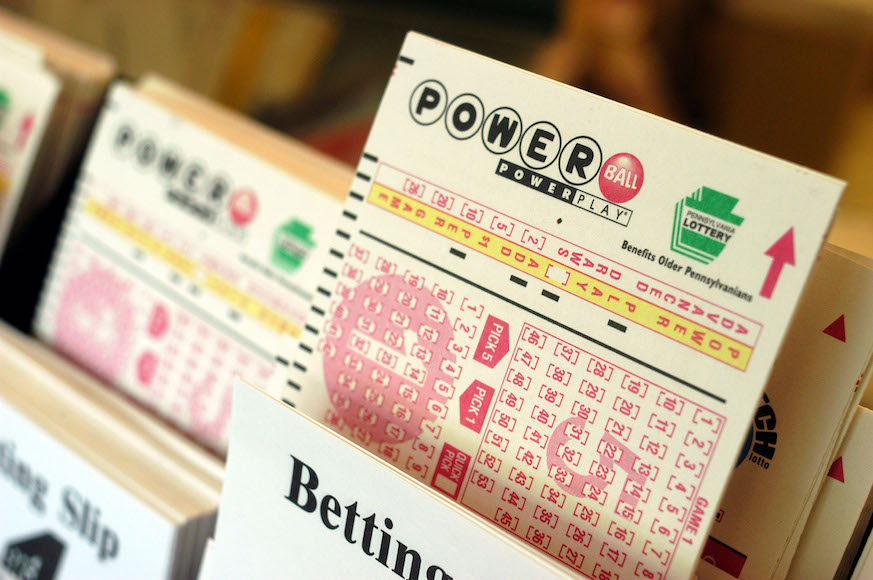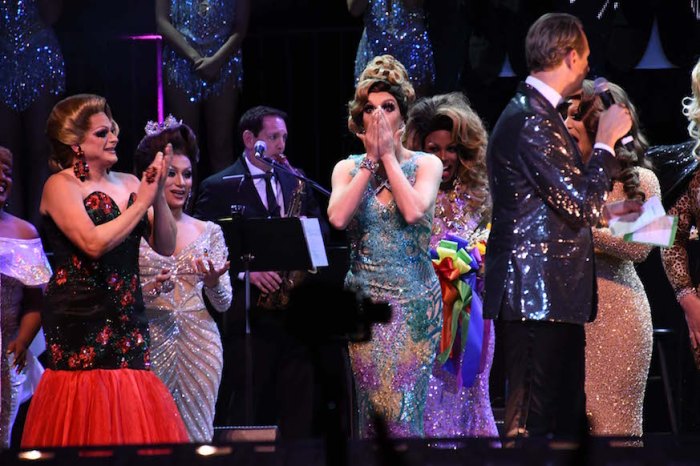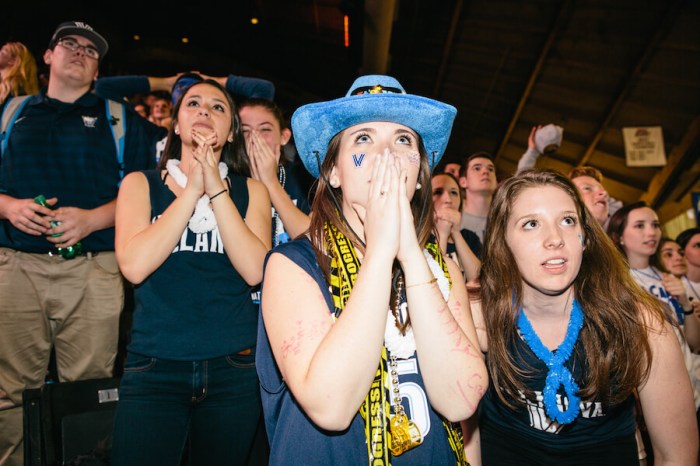Gus the Grioundhog — the state’s second most famous groundhog and the Pennsylvania Lottery’s hirsute, giggling mascot –may not have a lot to laugh about, now that a coalition of area casinos and their representative is looking to sue that glorified gopher. This ire stems from the fact that in May,2018, the Pennsylvania Department of Revenue — the state agency that oversees the local lottery system – launched “iLottery,” which offered up a series of new games for online play, and on mobile devices.
The problem? Several of the new games put forth through the “iLottery” site— games such as Volcano Eruption Reveal, Robin Hood, Super Gems, Big Foot and Monster Wins, part of the on-line/mobile device system’s first 21 game — have similar titles and themes to slot machines offered on Pennsylvania casino floors. (https://www.pailottery.com). What that means is, despite the creation of state law (Act 42 of 2017) making it illegal for the Pennsylvania Lottery to offer and use casino-style games as part of its lottery system, it went and launched a series of interactive online/mobile device-devised games that imitate or simulate the look, sound and feel of slot machines found on casino floors throughout the state. This includes Parx Casino, Hollywood Casino at Penn National Race Course, Harrah’s Philadelphia Casino & Racetrack, The Meadows Casino Racetrack Hotel, Stadium Casino, Valley Forge Casino Resort, and Mohegan Sun Pocono — seven of the state’s 13 casinos — who formed the collation. At August’s end, this Gang of 7 sued to stop the Pennsylvania Lottery from offering what they say are illegal casino-style online games. Filed in PA Commonwealth Court, the suit followed Pennsylvania Revenue Secretary C. Daniel Hassell dismissal of a complaint from these same casinos in June, that the “iLottery” games mimicked local slot machines, and that the online/mobile device application was in violation of the state’s gaming laws.
“We are reviewing the lawsuit,” said Gary Miller, the director of public relations for the Pennsylvania Lottery., in regard to taking their time in order to figure out the merits of the suit. “It is important to note that Act 42 authorized the Lottery’s new games, which are part of an effort to continue delivering to our customers games that they want and where they want while generating the additional funds to stabilize the Lottery Fund and provide vital services to older Pennsylvanians.”
Coalition spokesperson David La Torre states that, in no uncertain terms, the actions of the Pennsylvania Lottery are illegal, and that, Several games — Volcano Eruption Reveal, Robin Hood, Super Gems, Big Foot and Monster Wins — these supposedly illegal casino-style lottery games present the illusion that the player can make decisions, but the winners are predetermined. “To make matters even worse, the agency is promoting casino-style gambling to teenagers. Pennsylvania casinos must follow very stringent regulations on underage gaming or face millions of dollars in fines. Meanwhile, the Lottery is openly violating the law and marketing these games to anyone as young as 18. Not to mention, any loss in casino revenue will hurt Pennsylvania’s tax collection for property tax relief and local improvement projects funded by gaming tax dollars.”
LaTorre presents Pennsylvania’s casino landscape as an economic lab and breeding ground, “investing over $5 billion, creating more than 18,000 jobs, and spending $230 million annually for goods and services from local businesses. An unqualified boon for Pennsylvania and taxpayers, slot machines in 2016-17 alone contributed $2.3 billion in slots tax revenue and an additional $132 million in local share funding for host communities.”
Pennsylvania casinos become aware that this was happening — that there were casino-style online games and mobile device games being offered through ‘IGaming,” which mimicked slot machines within the casinos — the same time the public was: in May, during its official launch. “Throughout spring 2018, news stories indicated that the Pennsylvania Lottery was planning several new initiatives, including “iLottery,” but no information was given to indicate that the “iLottery” games offered would violate the law,” noted LaTorre.

Why casinos are concerned.
Casinos first raised concerns about “iLottery” games unlawfully simulating casino-style games in the aforementioned May letter to Department of Revenue Secretary C. Daniel Hassell.
LaTorre and the slot parlor charges he represents also had concerns about promoting casino-style gambling (and its potentially addictive problems) to teenagers, an age bracket who can and will easily jump on the newest trends in mobile device and online gaming applications. LaTorre makes note of how the Pennsylvania Lottery is openly violating the law and marketing these games to anyone as young as 18. “Underage gaming is a big focus in Pennsylvania, and rightly so,” stated LaTore. “However, it’s very clear the Lottery is breaking the law by introducing games that are reserved for Pennsylvania’s casinos. Revenue losses affect Pennsylvanians, including senior citizens, who expect property tax relief and local governments that receive support for economic development projects.”
Pennsylvania casinos aren’t the only gaming enterprises in the United States having problems with its revenue departments, or its lottery set ups. “It’s a growing issue of concern in the United States’ gaming industry,” stated LaTorre. “In fact, games being offered in Michigan are indistinguishable from those currently being used here. Recently, the issue of state lotteries offering slot machine and other casino-style games was a featured discussion at the 22nd Annual East Coast Gaming Congress in June 2018 in Atlantic City. During that discussion, the head of the Maryland Lottery, Gordon Medenica, spoke openly about the fact that “iLottery” games, like those offered in states like Michigan and Pennsylvania, are nothing more than casino games.
Ultimately the hope of LaTorre and the seven brick-and-mortar casinos he represents is simple when it comes to the onslaught of lookalike online and mobile gaming. “We would like the Lottery to reverse its stance or the court to prohibit Lottery from offering unlawful casino-like games.”
If not, things could go from “iLottery” to “iWar.”
























